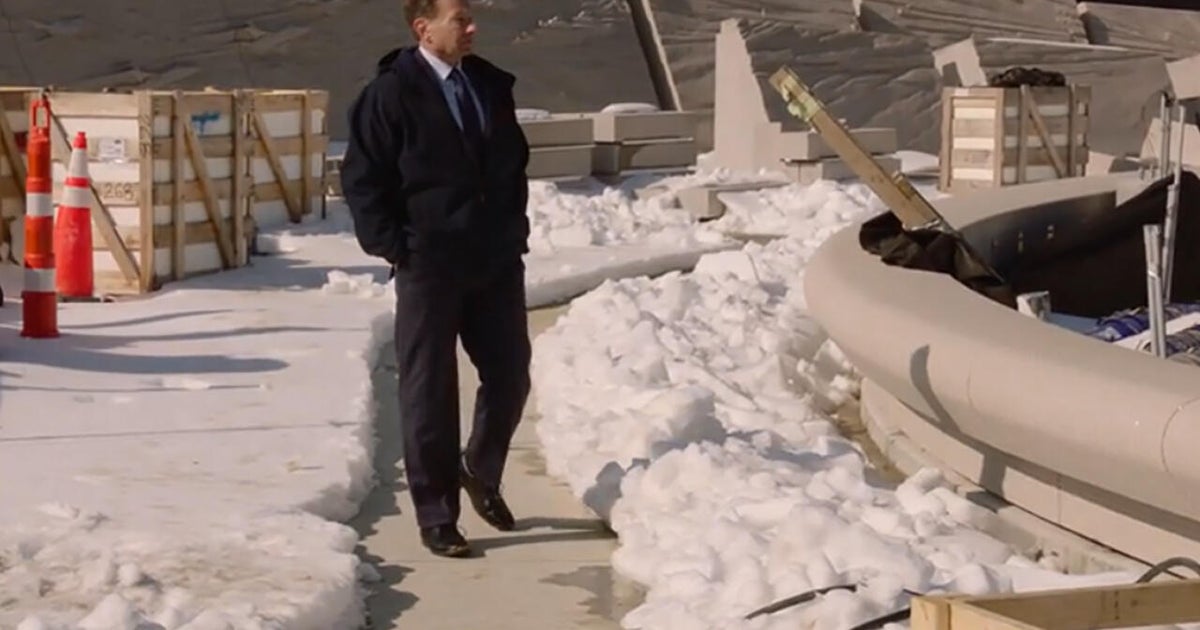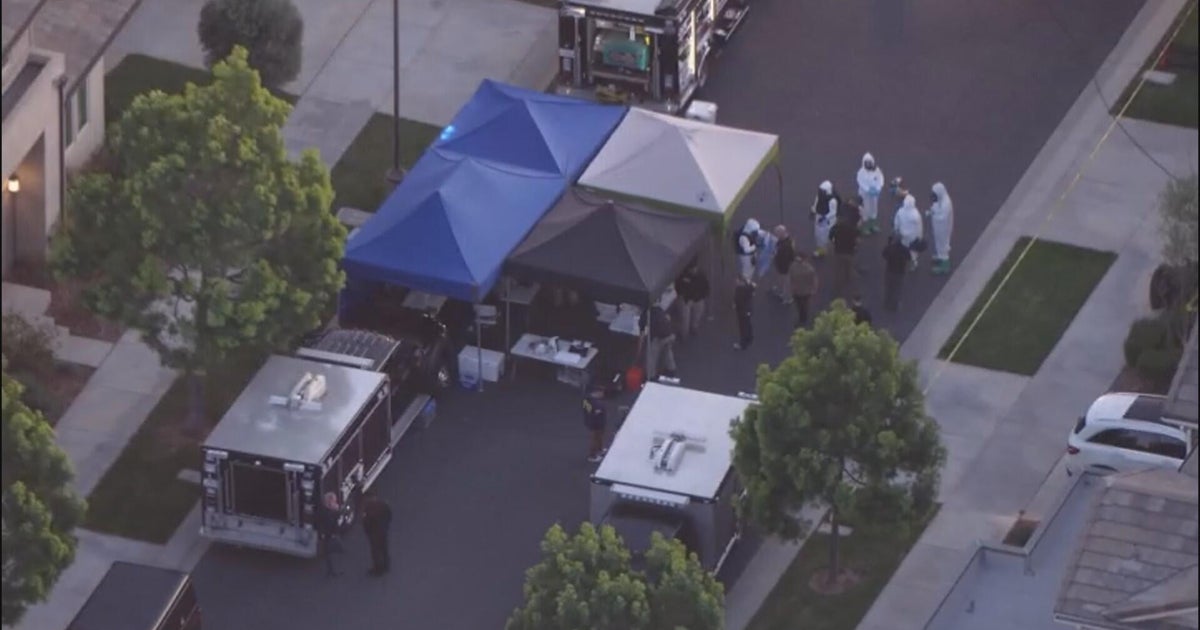Scale of ISIS' weapons production revealed as it loses ground
As Iraqi army and allied forces push ISIS militants back from Mosul, their last major stronghold in Iraq, the industrial-scale weapons manufacturing capabilities the group has enjoyed are being revealed.
The Islamic State of Iraq and Syria’s weapons production was highly organized and sophisticated, relying on a “robust and reliable” supply chain from across the border in Turkey, according to a report by the London-based Conflict Armament Research group (CAR).
“The degree of organization, quality control and inventory management indicates a complex, centrally controlled industrial production system,” the report found.
CAR executive director James Bevan told the Associated Press that ISIS’ loss of ground around Mosul, where they’ve been beaten back from surrounding towns and villages and squeezed into the city center, means the group has lost the ability to manufacture weapons on an industrial scale.
He warned, however, that the terror group has likely already moved most of its senior weapons experts out of Mosul and into their territory across the border in Syria, so the threat still exists.
Any significant supply route from Turkey, to the north, into Mosul has also likely been cut off or seriously impacted as such a route would have to traverse Kurdish territory along the border, and Kurdish militias are among the allied forces beating ISIS back into the center of Mosul from that direction.
CAR noted, however, that some materials used by ISIS to make bombs and mortars were sourced from as far away as western Europe; Sorbital and sugar used in propellants from France and Lebanon, and potassium nitrate from Latvia, for example.
CAR’s researchers went into reclaimed areas east of Mosul with Iraqi forces and found stocked, labeled and ready-to-ship munitions, reflecting the elaborate production process that enabled ISIS militants to remain on the offensive -- with bomb and mortar attacks on population centers and targeting security forces -- during their now two-year-old insurgency in northern Iraq and Syria.
U.S. military commanders have expressed confidence that Iraqi forces will retake Mosul in the new year, and they are now focusing efforts with European allies on how to help the Iraqis keep ISIS out of Iraq’s second largest city once the militants are evicted.



